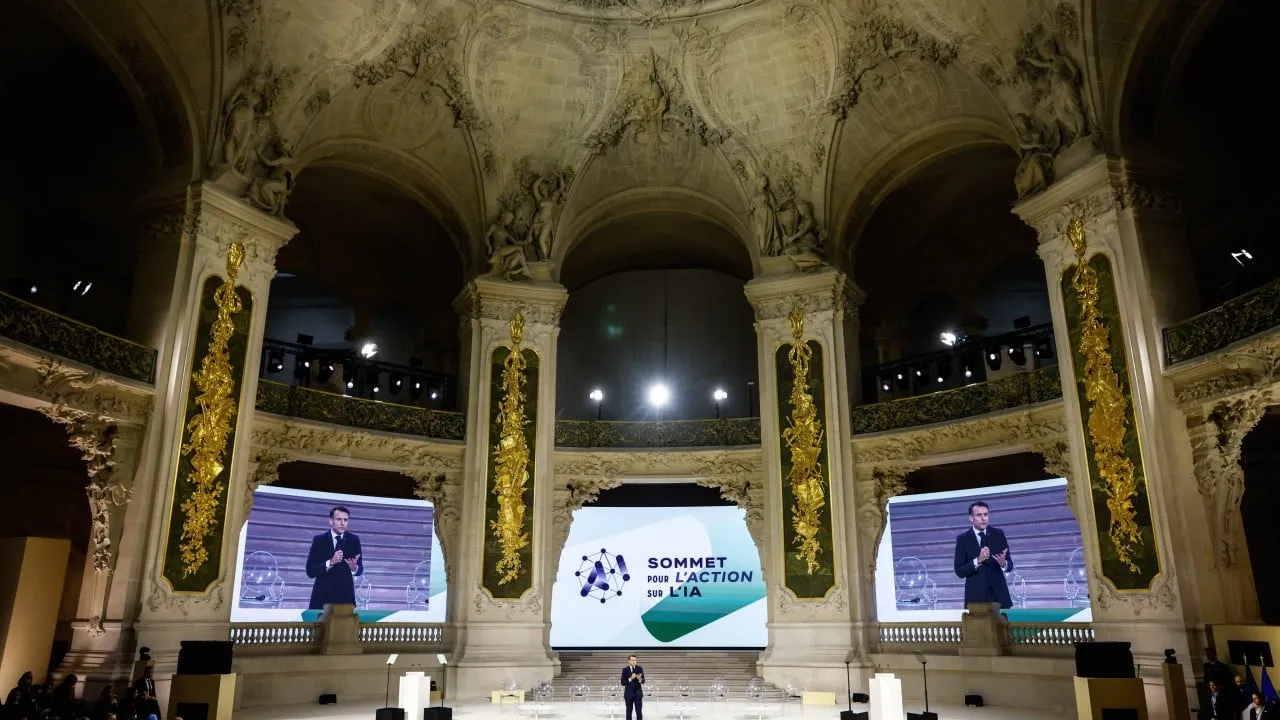AI Governance at the Heart of China's Growing Influence: DeepSeek and the Future of AI

China's AI Frontiers
During the recent Artificial Intelligence Action Summit in Paris, DeepSeek founder Liang Wenfeng was noticeably absent despite being invited to attend. This gathering showcased China's burgeoning role in the global AI industry, with key experts emphasizing the nation’s remarkable advancements in AI technology.
Advancements That Inspire
China’s rapid progress, highlighted by DeepSeek's innovative open-source models, plays a significant role in propelling forward the global technology community. Following the launch of ChatGPT by OpenAI, the landscape of AI has shifted dramatically. Renowned computer scientist Andrew Yao Chi-chih from Tsinghua University asserted that DeepSeek has revolutionized AI model accessibility for the world.
- DeepSeek’s technology empowers international collaboration and innovation.
- Local firms like Lenovo, UBTech, and Geely have quickly integrated these models into their new products.
The Implications of Rapid AI Development
While the enthusiasm around AI gains traction, concerns about AI safety cannot be overlooked. Yao pointed out the need to manage risks associated with AI expansion. Although DeepSeek continues to be tight-lipped about future plans, the pressing narrative is the urgency for global awareness about AI governance.
A Call for Global Collaboration
Experts like Xue Lan emphasize that AI governance should not only concern technology developers but also the welfare of all humanity. In 2023, China initiated a global AI governance project to encourage other nations to engage.
- The China AI Safety & Development Association seeks to represent China in dialogues about AI safety.
- The Sustainability AI Coalition was launched to ensure eco-friendly AI advancements, with members like Baidu and Nvidia.
As AI continues to shape various industries, proactive measures are necessary to mitigate potential dangers and ensure responsible technology use.
This article was prepared using information from open sources in accordance with the principles of Ethical Policy. The editorial team is not responsible for absolute accuracy, as it relies on data from the sources referenced.